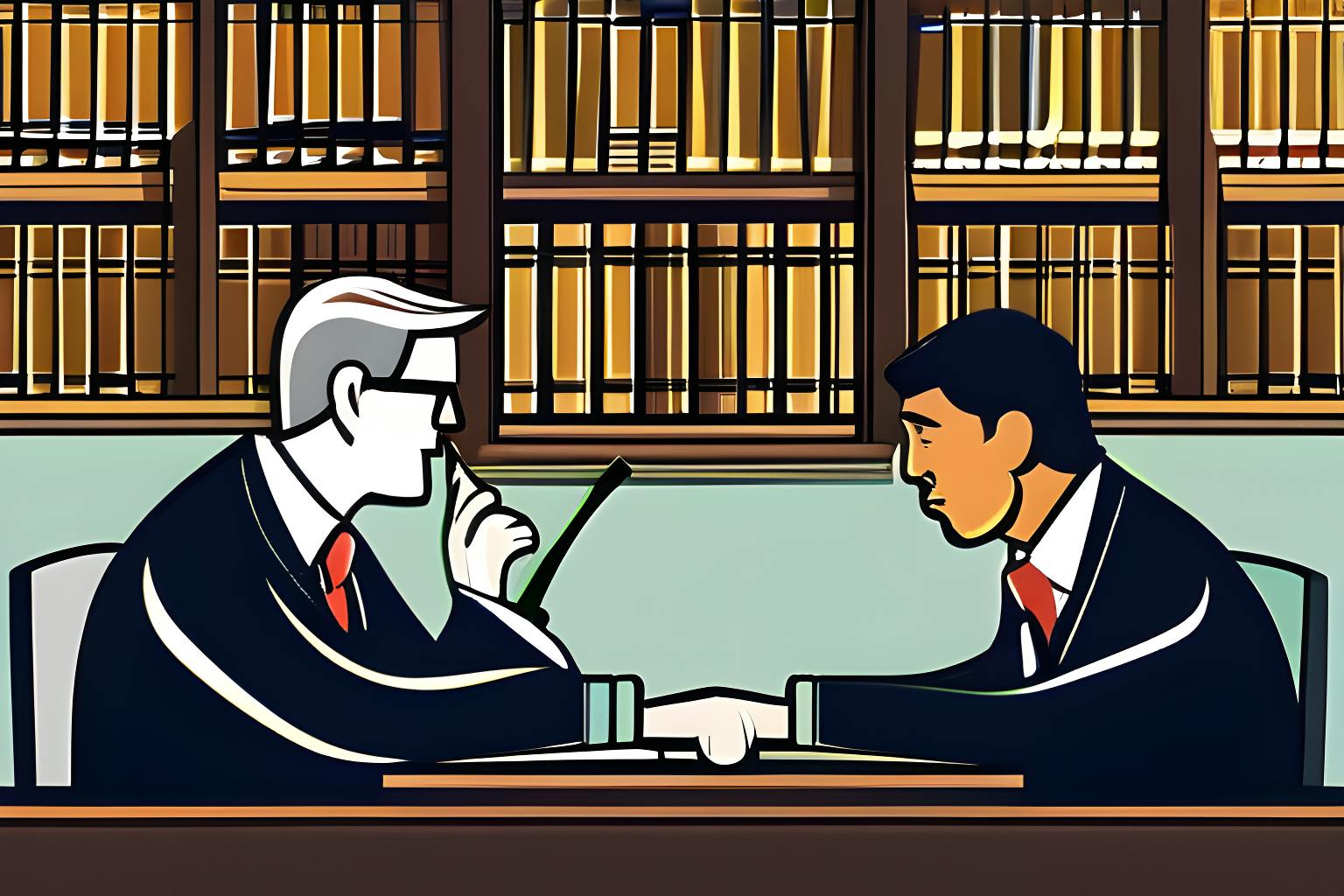If SBF's Charges Post-Extradition Are Allowed to Stand, It Will Create a Loophole — Counsel Argues
by
September 5th, 2023
Audio Presented by

Legal PDFs of important tech court cases are far too inaccessible for the average reader... until now.
About Author
Legal PDFs of important tech court cases are far too inaccessible for the average reader... until now.
